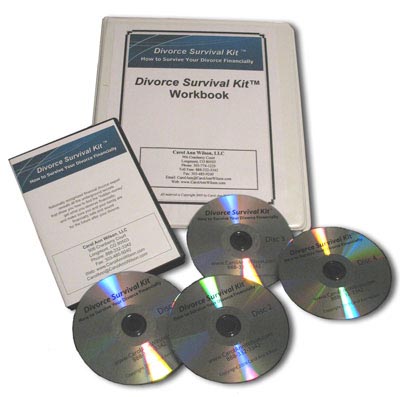Prudential has revealed findings from its latest Equity Release Index* which show that despite falling house prices and the current economic climate, homeowners aged 65 and over have £611.5 of equity in their property.

These significant amounts of property equity contrast with the current squeeze on retirement income being seen in today’s volatile market and economic conditions where rates on annuity and income drawdown products are falling.
 Individuals buying guaranteed annuities, for example, have seen rates fall by up to 10 per cent since the middle of last year and Prudential believes this fall emphasises the need for pensioners to look at all potential sources of investments and retirement income.
Individuals buying guaranteed annuities, for example, have seen rates fall by up to 10 per cent since the middle of last year and Prudential believes this fall emphasises the need for pensioners to look at all potential sources of investments and retirement income.
Property equity can deliver a valuable income, especially against the current backdrop of low interest rates and equity price falls of around 30 per cent over the past two years which have hit many pensioners’ non-pension savings.
Prudential’s Index, which tracks the amount of home equity owned by people aged 65 and over in England and Wales, found that 42.5 per cent of this equity belongs to those living in London and the South East.
The Index also reveals that the value of property equity belonging to homeowners aged 65 and over fell by £80.6 billion between October 2008 and January 2009, with the average homeowner over 65 seeing the value of equity they have in their home fall by £21,377.
London homeowners aged 65 and over saw the highest decline for any region in England and Wales with equity in their homes falling by £38,057 while those in Yorkshire and Humberside experienced a decrease in value of £13,028.
Keith Haggart, Director of Lifetime Mortgages at Prudential, said: “Every homeowner is being affected by falling property prices, but it’s important to remember that many people, especially retired homeowners, bought their homes years ago and have benefited from past growth in the housing market. Even in this depressed market, the vast majority of retired homeowners still have considerable wealth tied up in their properties.”
He continued, “Equity release has an important role to play in providing retirement income particularly when other sources are under pressure.
“Annual figures from SHIP (Safe Home Income Plans) show that equity release sales in 2008 were almost £1.1 billion and were just nine per cent lower than 2007, despite the collapse in the wider mortgage market.”
Equity release schemes can be an excellent way to help retirees to secure an income, and any provider who is SHIP registered provides a no-negative equity guarantee as well as guaranteeing that the mortgage interest rate is fixed for the term of the loan.
Â
* Prudential’s Equity Release index tracks the amount of equity held in property by people over 65 years old in England and Wales. Figures are based on Prudential’s analysis of data from the ONS Family Spending Report (2006), the Land Registry House Price Index (August 2008) and GfK NOP (2007). Specifically, weighted number of households data is taken from the ONS Family Spending Report 2006. Home ownership data is taken from the NOP data. Average house price per region is taken from the Land Registry Index.
About Prudential:
“Prudential” is a trading name of The Prudential Assurance Company Limited, registered in England and Wales. This name is also used by other companies within the Prudential Group. Registered Office at Laurence Pountney Hill, London EC4R 0HH. Registered number 15454. Authorised and regulated by the Financial Services Authority.
Find out more on Prudential’s product range including endowments and equity release schemes, including equity release mortgages on the Prudential website, www.pru.co.uk.
Via EPR Network
More Financial press releases












